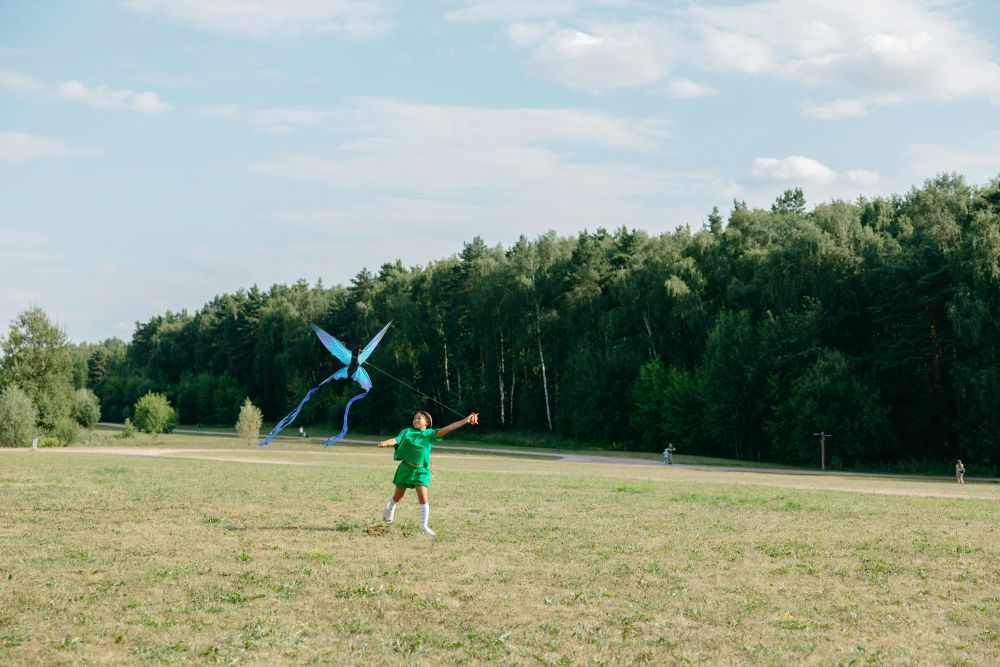Breaking free from generational cycles isn’t easy. When you grew up with emotional neglect, perfectionism, authoritarian parenting, or a complete lack of boundaries, it takes real effort to recognize those patterns—let alone stop them in their tracks. But here’s the truth: just because you were raised a certain way doesn’t mean you have to parent that way. You get to decide what kind of parent you want to be.
The Weight of Your Own Childhood
If you were raised in a home where love felt conditional, emotions were ignored (or punished), or your sense of self was shaped by someone else’s expectations, you probably already know that healing isn’t just about understanding what happened. It’s about untangling yourself from it. And that can be tricky when those old wounds start to surface in how you parent.
I know this struggle personally. My mother attempted to alienate me from my father—every visit with him was followed by an interrogation. No detail was too small. If I had fun, I felt guilty. If I didn’t say enough, I was questioned further. Over time, I started altering my behavior around my dad and stepmom, unsure of what was “safe” to share. By the time I was 14, the emotional weight of it all caught up to me, and I fell into depression.
Looking back, I can see how it shaped the way I viewed relationships, trust, and my own voice. And it took years of undoing to break free from it. Heck, I’m still working to recover from it.
Choosing to Parent Differently
The first step in breaking these cycles is recognizing the patterns. You can’t change what you don’t see. Maybe you struggle with giving your child choices because you grew up with “because I said so.” Maybe emotions feel uncomfortable for you because they were never acknowledged in your home. These patterns run deep, and awareness is where change begins.
But awareness alone isn’t enough—you have to reparent yourself, too. Healing your own inner child means giving yourself what you didn’t get. If you never felt truly heard as a kid, practice listening to your own emotions now. If you were made to feel like love had to be earned, remind yourself daily that your worth isn’t tied to what you do. The way you treat yourself will inevitably shape the way you treat your child.
Parenting differently also means making intentional choices. It’s easy to default to what we know, but when you pause and ask yourself, Is this how I want my child to remember me? it creates space for something new. Breaking cycles isn’t about perfection—it’s about small, mindful shifts that change the trajectory of your child’s experience.
And then there’s the hard part—setting boundaries. If guilt trips, manipulation, or emotional control were normal in your upbringing, it might feel unnatural at first to set limits with your own family. But protecting your peace, and your child’s, is non-negotiable. You don’t owe anyone access to your life if they can’t respect the way you’re raising your child.
None of this has to be done alone. Seeking support—whether through therapy, parenting groups, or even trusted friends—can be the difference between just surviving and truly healing. Breaking cycles takes work, but you don’t have to carry that weight by yourself.
The Legacy You’re Creating
Breaking cycles isn’t about being a perfect parent. It’s about being a different one—a parent who sees their child as a whole person, not just an extension of themselves. It’s about making space for emotions, fostering connection, and showing up in ways you wish someone had shown up for you.
And if this feels heavy, know that you don’t have to carry it alone. If you’re struggling with the weight of your own childhood while trying to parent differently, I see you. You don’t have to figure it all out by yourself—reach out today. Let’s navigate this together.
